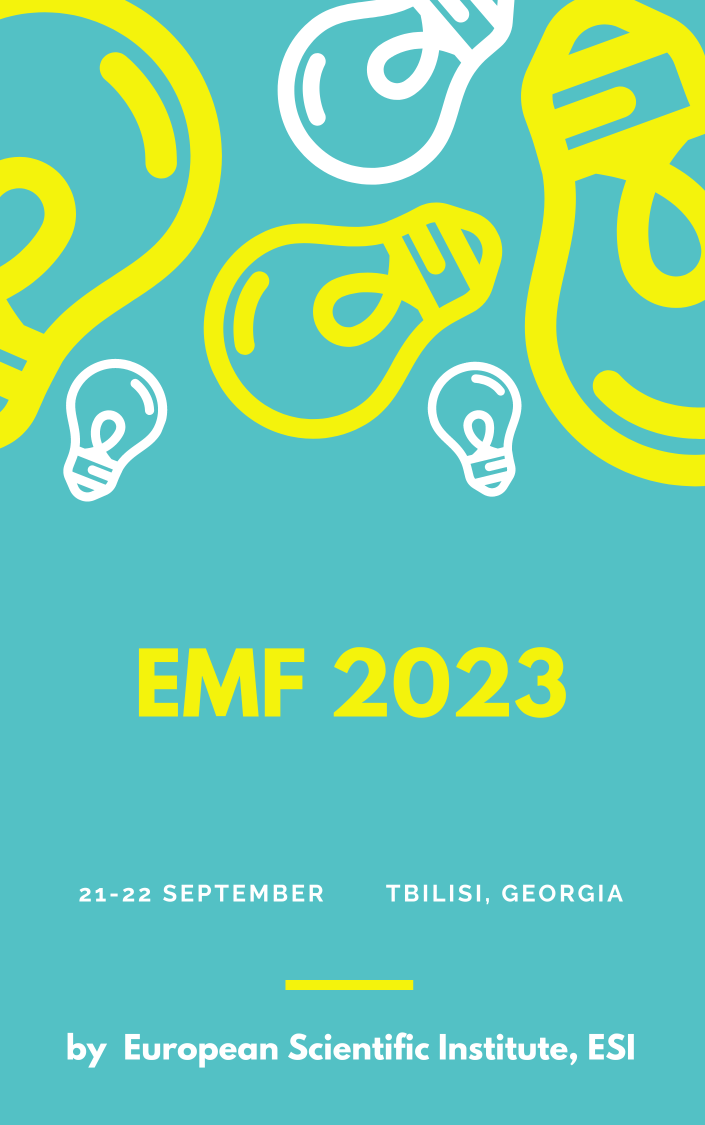The Issue of Podcast Effectiveness in Higher EducationA Case Study of the University of Georgia
Abstract
The podcast, originating in 2001 in the U.S. and later expanding globally, challenges traditional media with its customizable content. Podcasts distinguish themselves by affording listeners the agency to curate content to their preferences, a departure from the prescriptive nature of conventional media. Comparable to having a bespoke show tailored to individual interests, podcasts have emerged as a sophisticated and customizable avenue for content consumption. This article explores the transformative role of podcasts in higher education in Georgia, investigating their developmental stages, diverse perspectives, and implications for the education system. With four main objectives, the research first examines divergent perspectives on podcast integration in higher education. It then presents qualitative and quantitative findings on podcast impact, focusing on comparative statistical research in Georgia and developed countries. Additionally, the study evaluates the effectiveness of podcasts as instructional tools and their contribution to the learning process. Lastly, it explores student preferences, seeking to understand why students favor podcasts over traditional courses and analyzing the implications of this shift. Revealing a prevalent interest among students, the study shows that they not only express interest but also independently integrate podcasts into their learning practices. The positive impact on student knowledge levels, as indicated by the survey, adds valuable insights to the evolving relationship between podcasts and education in Georgia.
Downloads
PlumX Statistics
References
https://www.forbes.com/sites/robasghar/2021/02/01/why-the-smart-leaders-best-new-tool-is-the-old-fashioned-telephone/?sh=3aee41464d2b
2. Carliner, S., & Shank, P. (2016). The e-Learning Handbook: Past Promises, Present Challenges. John Wiley & Sons.
3. Gatewood, K. (2008). Podcasting: Just the basics. ProQuest Education Journals, 44(2), 90–93.
4. Götting, M. C. (2022, February 8). Most commonly used apps for listening to podcasts among podcast listeners in the United States in 2019 and 2020. Statista. Retrieved March 4, 2022.
5. Hill, J., Nelson, A., France, D., & Woodland, W. (2012). Integrating Podcast Technology Effectively into Student Learning: A Reflexive Examination. Journal of Geography in Higher Education, 36(3), 437–454.
6. Kay, R. H. (2012, May 1). Exploring the use of video podcasts in education: A comprehensive review of the literature. Computers in Human Behavior, 28(3), 820–831.
7. Les Cours du Parnasse. (n.d.). Spécialité Physique-Chimie Première. Retrieved from https://www.lescoursduparnasse.com/specialite-physique-chimie-premiere
8. Le Figaro Étudiant. (n.d.). L'émergence des podcasts étudiants. Retrieved from https://pro.etudiant.lefigaro.fr/article/lemergence-des-podcasts-etudiants/
9. McFadden, A. (2008). Podcasting and really simple syndication (RSS). Unpublished manuscript, College of Human Environmental Sciences Institute for Interactive Technology, The University of Alabama, Alabama, Mississippi.
10. National Statistics Office of Georgia https://www.geostat.ge/en
11. Podcast. (n.d.). In Merriam-Webster Dictionary. Retrieved April 20, 2023.
12. Podcast. (n.d.). In Cambridge Dictionary, Online ed. Retrieved April 21, 2022.
13. Richardson, W. (2006). Blogs, Wikis, Podcasts and the Powerful Web Tools for Classrooms. Thousand Oaks: Corwin Press.
14. TRT Georgian. (n.d.). Podcasts. Retrieved from
https://www.trt.net.tr/georgian/podcasts
Copyright (c) 2024 Tamar Gagoshidze, Tamar Tavkhelidze

This work is licensed under a Creative Commons Attribution 4.0 International License.








